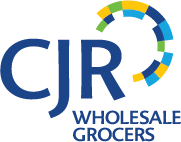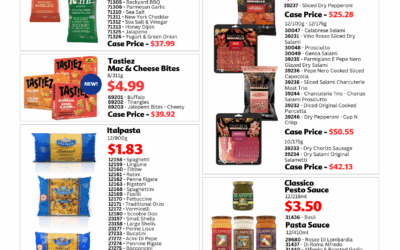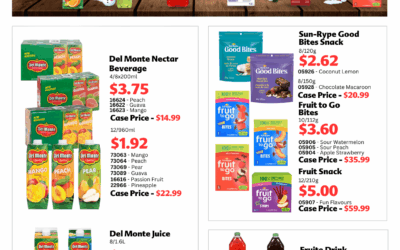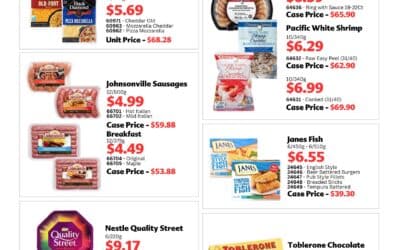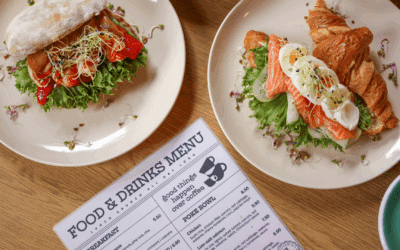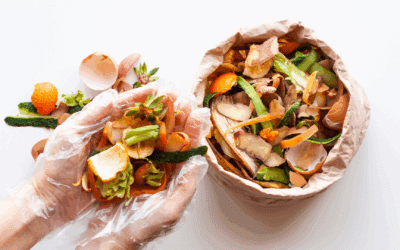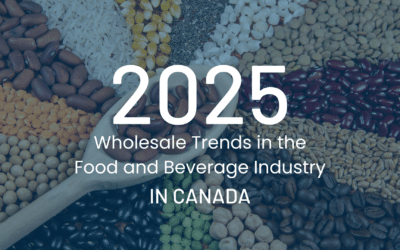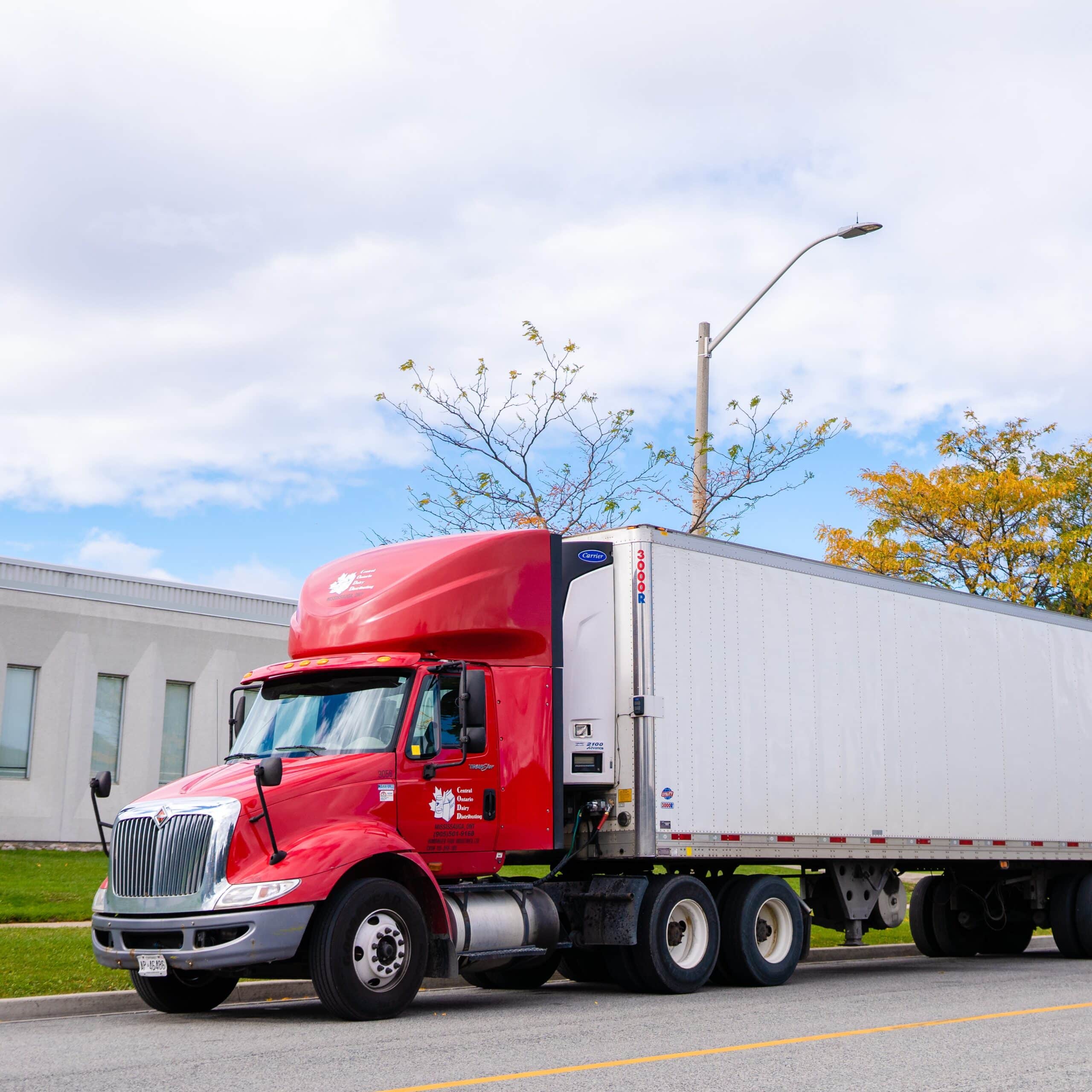Prime Minister Justin Trudeau announced this June that Canada plans to ban single-use plastics as early as 2021. “We need to cover all of Canada with this decision,” he said.
But what falls under this ban? Single-use plastic is exactly what it sounds like: anything that is not designed to be reused. That can go from anything like cotton swabs, drink stirs or stoppers, plates, fast food containers and of course, the containers we pack food into for distribution.
Accelerating demand for responsible, sustainable behaviours are transforming the food industry, restaurants to fulfilment centres. More and more people are choosing products that adhere to ethical standards. Horizon Media reports 81% of millennials expect corporations to make public commitments to environmental efforts, and are willing to spend a little more to better the planet. Those in the food distribution industry need to look closely and carefully at alternative packaging methods.
Another driver is government mandates. Canada is not the first country to ban single-use plastic. According to a U.N. report, 127 countries had implemented some type of policy regulating plastic bags by July 2018, and many more are in the works. This year, Vancouver banned plastic straw and polystyrene foam cups and containers – so the need for sustainable packaging solutions is in high demand.
By looking for solutions now, food brands can get ahead of the curve on two levels:
- By taking action while environmental sustainability is still optional, the brand aligns itself with forward-thinking, ethical practice. This will boost sales with millennials and generate brand loyalty.
- Ensure the brand is not left with tons of product they can no longer sell.
By taking steps now, the food industry can make a productive step for their businesses and the planet, moving forward without disrupting operations with short timelines.
